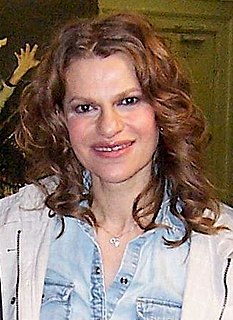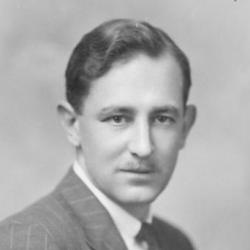A Quote by George Bernard Shaw
Man is the only animal which esteems itself rich in proportion to the number and voracity of its parasites.
Related Quotes
There is no doubt, that man is not built to be a carnivorous animal. What a sweet, pleasing and innocent sight is the spectacle of a table served that way and what a difference to a make up of fuming animal meat, slaughtered and dead! Man in no way has the constitution of a carnivorous being. Hunt and voracity are unnatural to him. Man has neither the sharp pointed teeth or claws to slaughter his prey. On the contrary his hands are made to pick fruits, berries and vegetables and teeth appropriate to chew them.
He said that man’s heart was the only bad heart in the animal kingdom; that man was the only animal capable of feeling malice, envy, vindictiveness, revengefulness, hatred, selfishness, the only animal that loves drunkenness, almost the only animal that could endure personal uncleanliness and a filthy habitation, the sole animal in whom was fully developed the base instinct called patriotism, the sole animal that robs, persecutes, oppresses and kills members of his own tribe, the sole animal that steals and enslaves the members of any tribe.
The necessaries of life occasion the great expense of the poor. They find it difficult to get food, and the greater part of their little revenue is spent in getting it. The luxuries and vanities of life occasion the principal expense of the rich, and a magnificent house embellishes and sets off to the best advantage all the other luxuries and vanities which they possess ... It is not very unreasonable that the rich should contribute to the public expense, not only in proportion to their revenue, but something more than in that proportion.
Man is the only animal who does not feel at home in nature, who can feel evicted from paradise, the only animal for whom his own existence is a problem that he has to solve and from which he cannot escape. He cannot go back to the prehuman state of harmony with nature, and he does not know where he will arrive if he goes forward. Man's existential contradiction results in a state of constant disequilibrium. This disequilibrium distinguishes him from the animal, which lives, as it were, in harmony with nature.





































